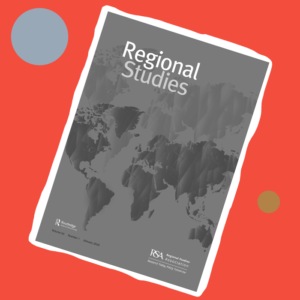Celebrating the 10th HUMAN FORUM
This year’s Human Forum welcomed more than 300 guests, including the the president of the Slovak republic Zuzana Čaputová, who during her keynote speech praised HUMAN FORUM as one of the most important events for the exchange of views and experiences of civil society in Slovakia. On November 28th – 30th 2023, Banská Bystrica hosted…









